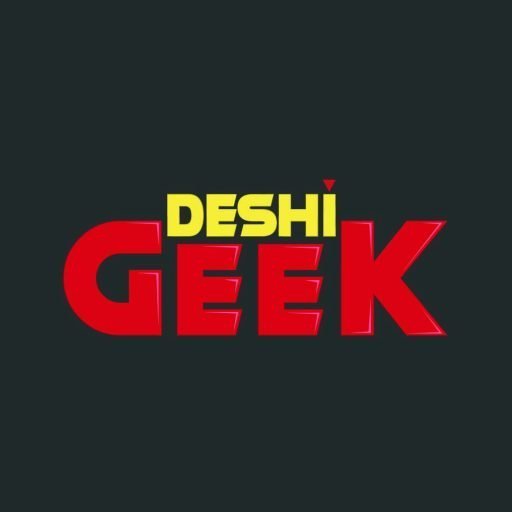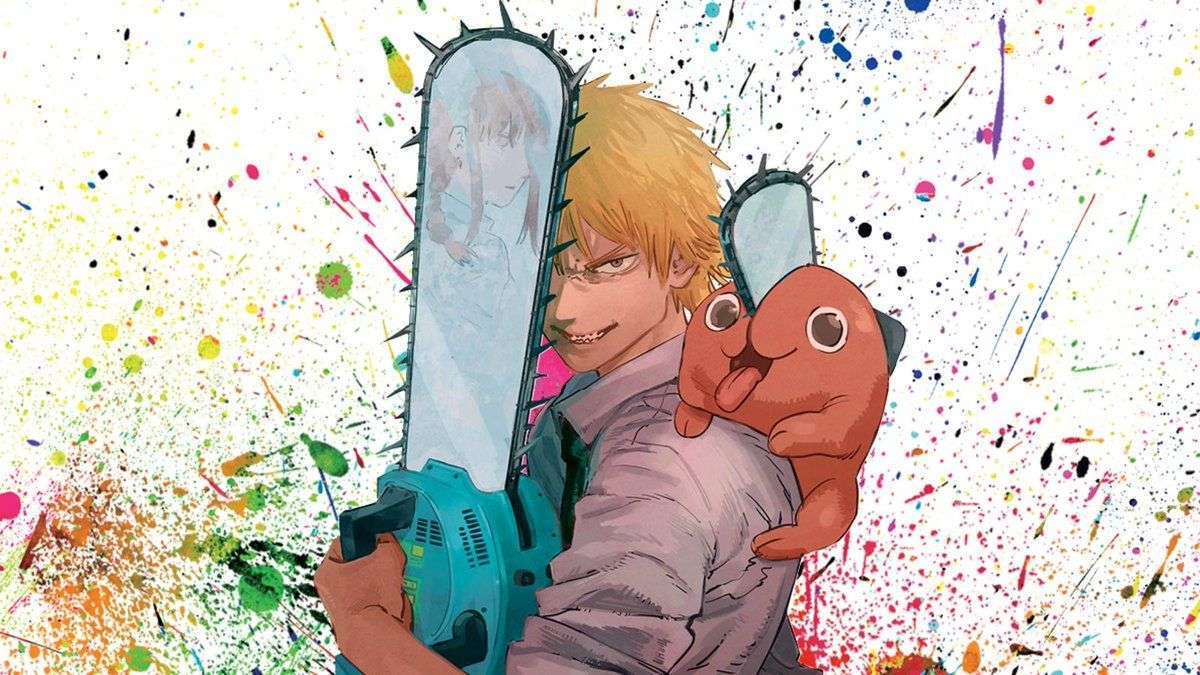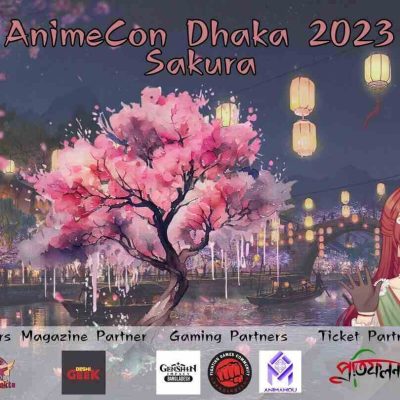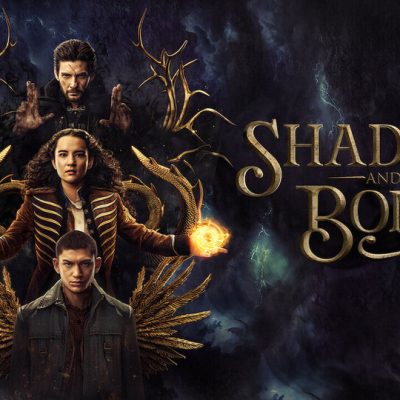Dissecting “Chainsaw Man” is a easy enough yet daunting task. In a theater of epic destinies and grand ambitions, Denji undertakes the mission of a devil slayer in the hopes of achieving just one goal – a touch of affection. To conquer mountains and stand atop summits surpassing the span of the stars above is desired by many but attainable by few.
Most of us may never accomplish the literal equivalence of becoming Hokage or finding One Piece in reality, but these are of course artistic metaphors to represent each of our personal pinnacles that we must climb in our individual lives. Chainsaw Man, however, sets aside such allegories to tell a tale about something more visceral, more integral to the human experience, exploring not our wants, but rather our needs, including a singular, most crucial need: connection.
We satiate our craving for it through hugs and kisses, through outings with friends – joys that are alien to Denji when we first meet him, barely scrounging a survival by doing odd jobs as he pays off a debt to the Yakuza on behalf of his late father, scraping by another day on a mere slice of bread. “Hey, Mongrel! I’ll give ya 100 yen if ya eat this cigarette,” a thug taunts our protagonist with a dare in the opening chapter.
Performing the deed without hesitation, he has the following comment regarding his reward, “This’ll cover another 3 days of food.” Food – a physiological necessity, the base category in Maslow’s Pyramid: as it is temporarily met, Denji rests in his hideout where he is safe – the next requirement on the pyramid – and allows himself to think of a need beyond both… “I’m gonna die single, aren’t I?” – love and belonging, the third stratum.
Thus, by introducing us to a character so utterly deprived of means, within just a handful of pages, Fujimoto Tatsuki explores our deepest and sincerest yearnings through someone who, craving so, in a tragedy of cruel irony, cannot ever know of all our connections to him, longing for it as he remarks “If I could get any wish granted, I’d wanna be with a girl before I die…”
The Genius Author!
Hailed on the cover as “THE GENIUS BEHIND FIRE PUNCH,” Fujimoto Tatsuki is a graduate of Tohoku University of Art and Design who has been creating mangas since 2011, debuting with the one-shot Niwa ni wa Niwa Niwatori ga ita which was nominated for that year’s December edition of Jump SQ. Among his other notable works are the one-shots Kami Hikouki and Sasaki-Kun ga Juudan Tometa which won him Special Jury Awards at the May and July 2013 Shueisha’s Crown Newcomer Awards respectively as well as Look Back which topped the Kono Manga ga Sugoi!
2022 list of best manga for male readers. He also contributed to the Dragon Ball Super Galaxy Project in celebration of the series’ 40th anniversary which was published in Saikyou Jump on the 3rd of December, 2021.
Currently, Chainsaw Man remains to be his magnum opus, however, serialized in Shueisha’s Weekly Shounen Jump from December 3, 2018, to December 14, 2020, for which he won the 66th Shogakukan Manga Award for Best Shounen Manga and Harvey Award for Best Manga in 2021; additionally, it, too, topped that year’s Kono Manga ga Sugoi! the best manga for male readers, earning a title of his position for two years in a row now – time will tell if the streak will continue.
A Canvas of Symbolisms
Transpiring in a world infested by devils, these antagonistic forces act as plot devices for Fujimoto Tatsuki to explore another primal aspect of the human condition – fear: from spiders and leeches to guns and bombs, the devils of the Chainsaw Man universe are manifestations of humanity’s fears, even transcendent, metaphysical ones such as Hell, darkness, the cosmos and eternity.
With these bestowed shapes and forms before our very eyes, the narrative compels us to take a clear look at our weaknesses. Our vulnerabilities are laid bare. There is no room for heroics where there are no heroes or villains as all are stripped of their invincible aura with their fragility exposed, needing so much to continue subsistence and afraid of so much that could disturb it or end it.
Nonetheless, they battle against the odds, bringing to mind a quote from my favourite television program Doctor Who. The third persona of the Doctor once said “Courage isn’t just a matter of not being frightened, you know. It’s being afraid and doing what you have to do anyway.” The cast of Chainsaw Man exhibits such boldness. They are terrified by the challenges they face, but they contend against their foes because they have to, whether it be for a sense of purpose and self-fulfilment or prestige and a healthy paycheck – their existential needs pitting them against their nethermost fears: vulnerability versus vulnerability.
Familiar Vibes, Yet Unique in Essence
On the surface, the premise might seem like a rendition of Jujutsu Kaisen, another popular manga with humanity’s negative emotions incarnating as cursed spirits akin to the devils of Chainsaw Man, but the latter distinguishes itself as a deconstruction of the shounen subgenre both comprise and then further distinguishes itself from other mainstream deconstructions at the present by downplaying its parodical elements in favor of focusing on the grave nature of the topics it explores.
The pendulum has seemingly swung in the other direction with shows such as The Boys and Invincible replacing our beloved paragons of virtue with abrasive cynics and despicable sociopaths. In comparison, Chainsaw Man strikes a balance by delicately humanizing a large portion of its roster, allowing readers to see themselves within half devils like Denji or even full-fledged ones like Power.
Despite never being short of fun and action in just the right doses, illustrated masterfully in pieces demonstrating superlative details and inkwork, there is a persistent mood of melancholy prevalent throughout the story, constantly reminding the audience of its grimmer truths.
Keeping such in perspective, Chainsaw Man’s most impressive triumph, however, is Fujimoto Tatsuki’s success in weaving a yarn that does not wallow amid the gloom and doom of its bleakness, but rather seeks to provide comfort through introspection and understanding, conveying a message beautiful in its simplicity – to be relieved of pain is a wish shared by all. With a sequel instalment and an anime adaption currently ongoing, the moment to jump aboard this trailblazing hype train is today!
Follow Deshi Geek for more news





